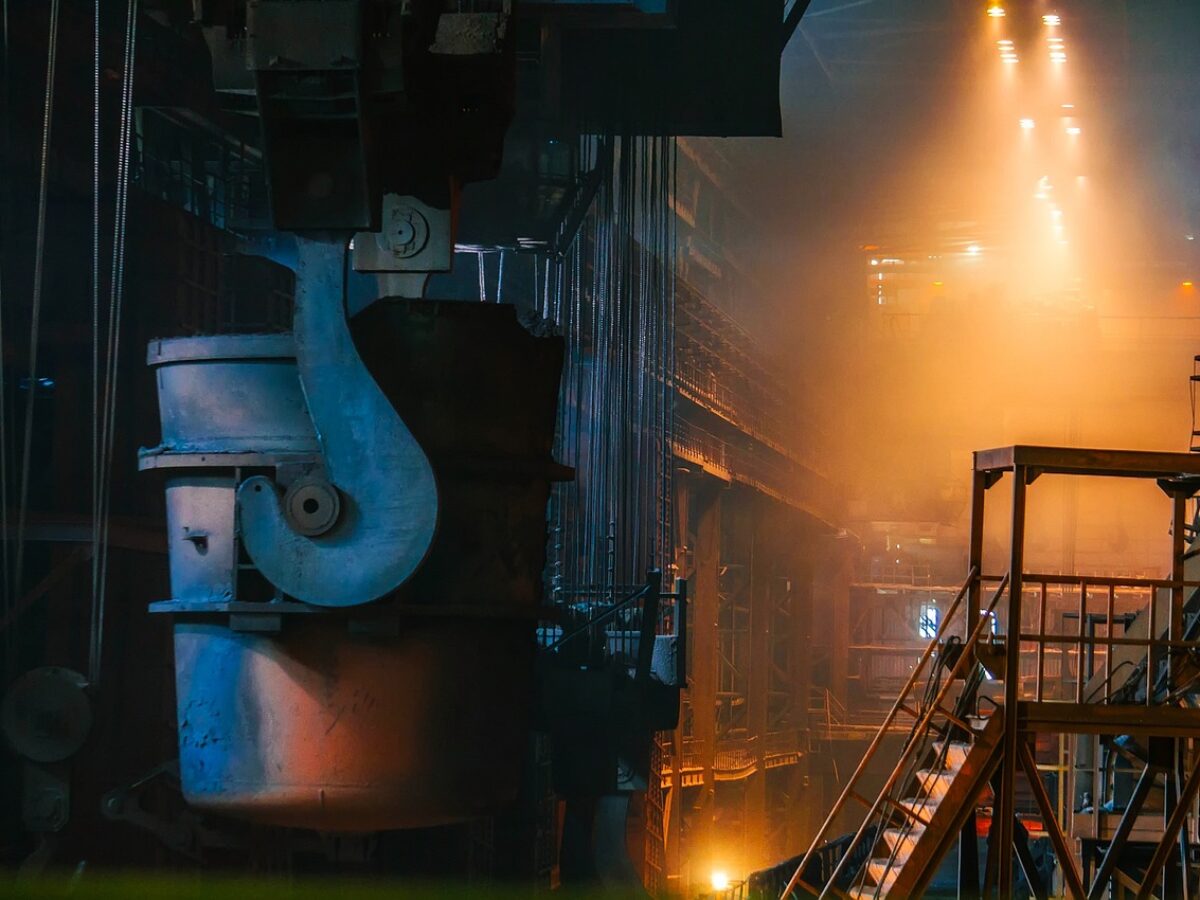WEF: The 7 things reshaping global manufacturing

A global survey by the World Economic Forum has outlined the seven factors reshaping manufacturing and how they create a gap between intent and reality for the industry.
The survey by the World Economic Forum and Kearney involved over 300 global operations executives and 60 consultations, and highlighted the increasing challenges the manufacturing industry is facing.
“Escalating global conflicts, shifting sustainability priorities and the rapid adoption of transformative technologies like AI, means manufacturing leaders must grapple with an increasingly complex landscape as they assess how to optimise their value chains,” the report said.
The WEF report noted that in the face of these challenges when reconfiguring these value chains, there is a frequent gap between strategic intent and operational reality.
It said as manufacturers reassess their footprints and network strategies, the trend of making location decisions based on cost is evolving into a more complex decision-making process, factoring a country’s readiness to provide an environment that aligns with strategic priorities.
It found seven key factors that influenced how the industry is making its decisions and what hurdles lay ahead.
The key factors it listed were:
-
Infrastructure
-
Resources and energy
-
Technology
-
Labour and skills
-
Fiscal and regulatory hurdles
-
Shifting geopolitical landscape
-
Sustainability and environmental, social, and governance issues
While the report outlined these challenges, it also highlighted how positive actions by governments are helping to support industry.
The WEF report said both physical and digital infrastructure was a priority for nations looking to support their manufacturing and supply chain sectors. From building new industrial parks to investing in technology training, it required a balanced approach to investment.
Access to resources and energy is an issue that is critical in Australia. With potential gas shortages forecast for Australia’s east coast, ensuring affordable gas is accessible is key. In Victoria, its recently released Economic Growth Statement placed manufacturing and enabling access to gas for industry as a top priority.
The WEF report put technology and innovation as a driver for global competitiveness.
“Companies are closely examining the strength of a country’s innovation ecosystem, the pace of technology adoption across industries – including small- and medium-sized enterprises – and the robustness of intellectual property protections to ensure fair and secure growth,” the report said.
The Australian government’s recent Future Made in Australia plan aims to drive advanced manufacturing in Australia, helping us to maximise the economic benefits of the move to net zero and secure Australia’s place in a changing global landscape. Technology and innovation has been a key focus on this. However, many in the industry feel the government still has glaring gaps in its plan and lacks commitment to Australia’s advanced manufacturing industry and broader research and development.
Ensuring the development and retention of a workforce with skills for the current landscape and the ability upskill for the next was high on the report’s list of factors.
“Workforce agility is paramount in an era of rapid technological advancement,” the report said.
“This includes evaluating workforce skill levels, the flexibility and retention of labour, and the availability and cost of skilled talent.”
Uncertainty around regulation and unstable government policy, as well as tax regimes, was listed as a significant challenge for manufacturers.
“Amid rising global volatility, including tariffs, protectionist policies and inflationary pressures, manufacturers are prioritising countries with transparent and predictable fiscal and regulatory frameworks,” the WEF report said.
“Clear tax policies, streamlined regulations and access to capital are key to enabling sustainable growth and mitigating trade disruptions.”
With a series of tense elections around the world, the shifting geopolitical landscape was rated highly as a major cause of uncertainty for industry.
Countries that effectively balance national interests with global collaboration are becoming more attractive to industrial organisations. Key considerations include the stability of trade policies, the impact of political developments, and the strength of international relations, including alliances and partnerships.
Stable environmental, social and governance (ESG) landscapes were also a driver of decision making for manufacturers.
“Long-term economic resilience increasingly depends on sustainable practices.,” the report said.
“Companies are scrutinising countries’ commitment to net-zero goals, social responsibility initiatives, and adherence to strong governance norms to ensure alignment with evolving ESG priorities.”
The report said while these are several major factors, navigating global disruption will take long term thinking as industrial organisations continue to work towards balancing cost, resilience, sustainability and performance along their journey.
@aumanufacturing Sections
Analysis and Commentary Awards casino reviews Defence Gambling Manufacturing News Online Casino Podcast Technology Videos





